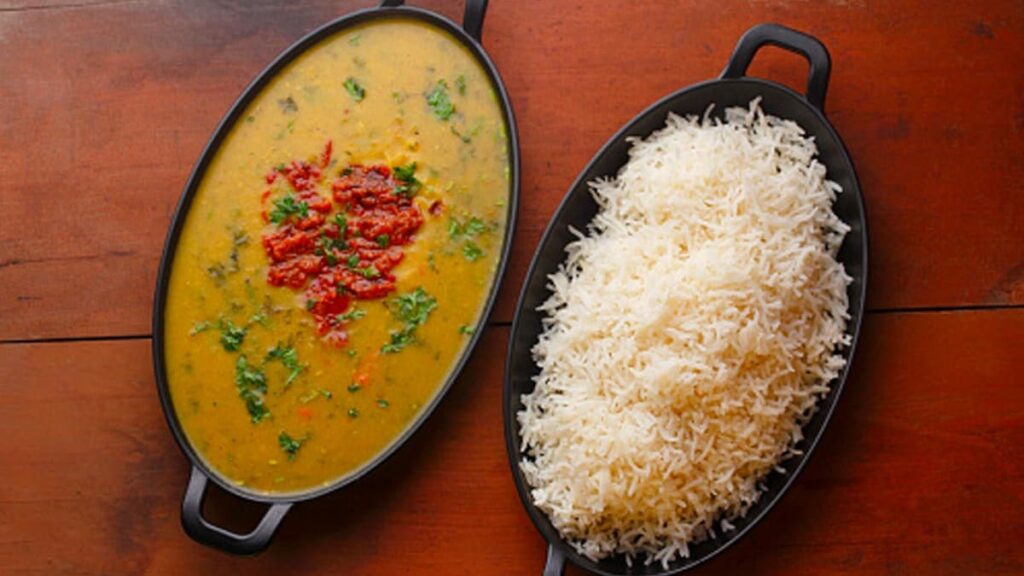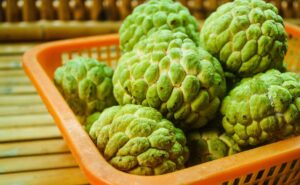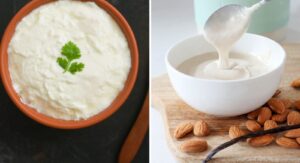Dil Maange Dal-Chawal? It Might Be the Key to a Healthier Heart, Says Top Cardiologist

Simple Indian diet tweaks can reduce cholesterol, improve heart health, and prevent early cardiac issues
If you’ve always loved a comforting plate of dal-chawal, here’s some good news: a top cardiologist suggests that traditional Indian meals—when tweaked slightly—can significantly boost heart health. In fact, five easy and sustainable dietary changes could reduce cholesterol levels, improve blood pressure, and even prevent the onset of heart disease.
1. Less Refined, More Whole Grains
Swap out maida and excess polished white rice for high-fibre whole grains like whole wheat, bajra, jowar, oats, brown rice, and quinoa. These grains help regulate blood sugar, lower LDL (bad cholesterol), and manage blood pressure.
2. Don’t Ignore Protein
Many young Indians, especially those with desk jobs, fall short on daily protein. Yet, protein is vital for maintaining muscle strength, boosting metabolism, and sustaining energy. The cardiologist recommends including a protein source in every meal:
- Vegetarian options: Moong dal, toor dal, rajma, chana, besan, soy, curd, paneer, tofu
- Non-vegetarian options: Eggs, fish, chicken
Pro Tip: Pair dal with rice or curd to form a complete protein profile. The ideal daily intake is 1–1.2 grams of protein per kilogram of body weight.
3. Healthy Fats, Not Zero Fat
Instead of cutting out fat completely, focus on the right fats. Nuts, seeds, cold-pressed oils, and ghee in moderation can support heart function and nutrient absorption.
4. Use Kitchen Spices as Healing Tools
The cardiologist highlights the hidden power of common Indian spices and herbs:
- Raw garlic (1–2 cloves daily): Can reduce total cholesterol by up to 15%
- Amla (in fruit or powder form): Raises HDL (good cholesterol) and lowers LDL
- Haldi (turmeric) with black pepper: Fights chronic inflammation
- Ginger, methi (fenugreek), and curry leaves: Aid digestion and support cardiovascular health
5. Close Hidden Nutrient Gaps
Many Indians have deficiencies in key heart-health nutrients like vitamin B12 and omega-3 fatty acids. These can be addressed with supplements or through foods like fish, flaxseeds, chia seeds, eggs, and dairy.
What Should Your Plate Look Like?
- Half filled with seasonal vegetables
- One to two fruits a day
- Fermented foods like curd or buttermilk to support gut and heart health
Limit These to Cheat Days Only: Maida-heavy snacks, sugary sweets, colas, bakery items, fried papads, and heavily salted pickles.
Why It Matters
India sees heart issues striking earlier than the global average—by as much as 10 to 15 years. Alarmingly, one in four heart attack patients in India is under 40. These sobering statistics underline the importance of adopting mindful eating habits early on.
And yes, dal-chawal, with the right portions and protein additions, emains one of the simplest, most balanced meals you can eat.












